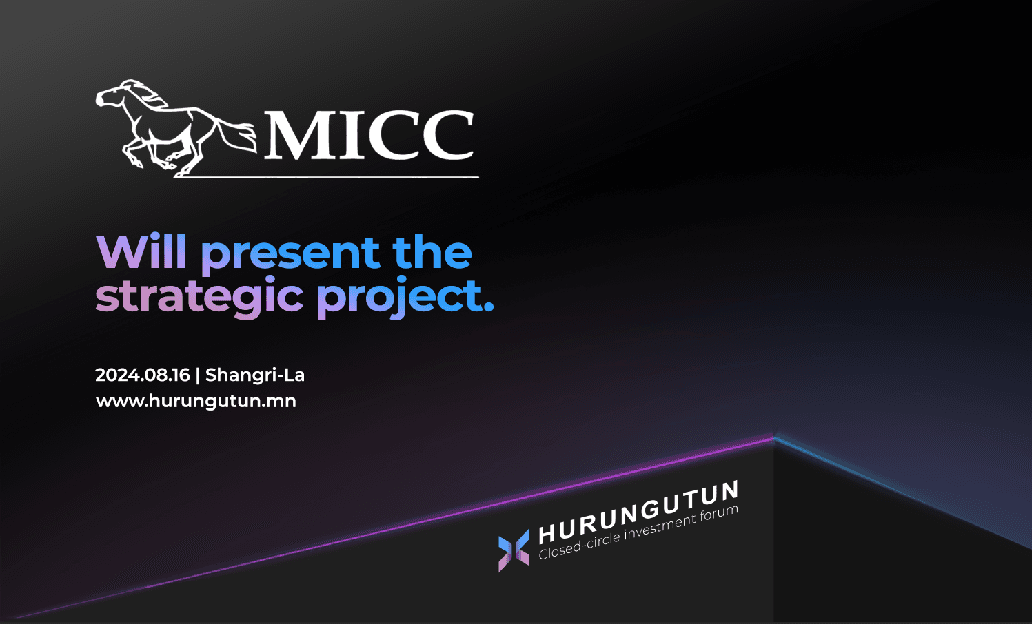The esteemed Secretary General of the Mongolian Securities Dealers Association, to explore the vibrant landscape of Mongolia's capital market.
On the 21st of May 2024, our team had the honor of engaging in a deep conversation with Mr. Buyankhishig B., the esteemed Secretary General of the Mongolian Securities Dealers Association, to explore the vibrant landscape of Mongolia's capital market.
Hurungutun Forum: What is the Significance of the OTC Market in the Capital Market?
Buyankhishig B.: While the term "OTC market" has recently gained prominence in Mongolia, its roots delve deep into our financial history. Through a collaborative effort between regulatory bodies and professional entities, the OTC market has been formalized and integrated. Serving as a parallel avenue alongside traditional stock exchanges, the OTC market caters to both banking and non-banking financial entities. Currently, OTC trading has seen securities valued at 3 trillion tugrik registered, with over 2 trillion tugrik directed towards various business sectors. Professional investors are increasingly drawn to the opportunities presented by the OTC market.
Hurungutun Forum: What type of investors and entities choose the OTC Market?
Buyankhishig B.: The OTC market attracts a diverse range of participants, including experienced traders, financial institutions, and brokerage firms, collectively recognized as professional investors. Notably, recent trends indicate a significant capital inflow from banks, financial institutions, and diversified industries into the OTC market, with financial institutions accounting for nearly 60% of market participation. Key sectors such as production, construction, mining, energy, infrastructure, exports, and sustainability projects are actively tapping into the dynamic market landscape offered by the OTC platform.
Hurungutun Forum: What do you think Mongolia's current domestic capital market potential is like?
Buyankhishig B.: Big banks have successfully raised substantial capital on both the stock exchange and the OTC market, showcasing their confidence in the domestic market. This success can be attributed to recent banking reforms that have fostered increased investment by domestic investors. Notably, the majority of 600 to 700 billion tugrik stocks were acquired by domestic investors, indicating Mongolia's inherent potential to fund significant projects domestically. While sectors like production, construction, transport, and mining often yield lower returns compared to the financial sector, the OTC market presents higher returns relative to risks when compared to traditional avenues. Despite a patient approach by investors in selecting projects and showing patriotic support, the average investment in these projects tends to exceed 40 or 50 billion tugrik, underscoring Mongolia's capacity for substantial investments. Bank savings and business loans collectively amount to over 20 billion tugrik, showcasing the nation's savings. However, the total investment raised from the OTC market and stock exchange combined falls short of even 10% of these savings. In contrast to countries like the US where the stock market constitutes a significant portion of the capital market, Mongolia presents vast untapped potential in its domestic capital market.





